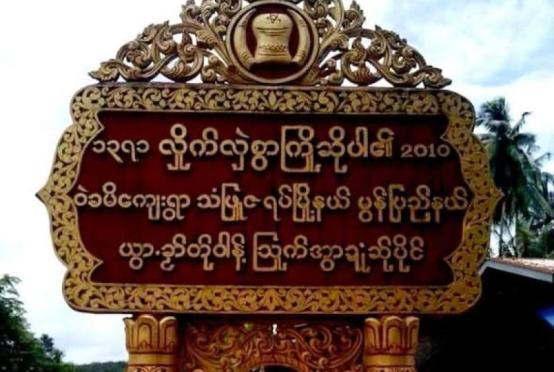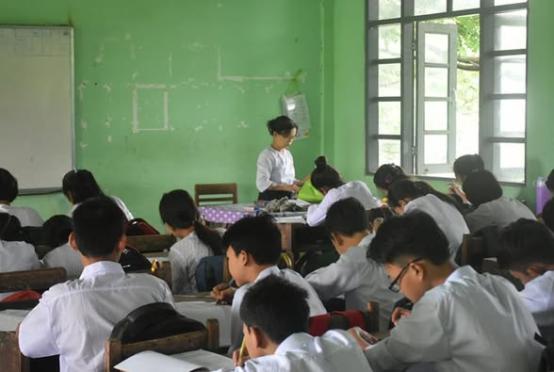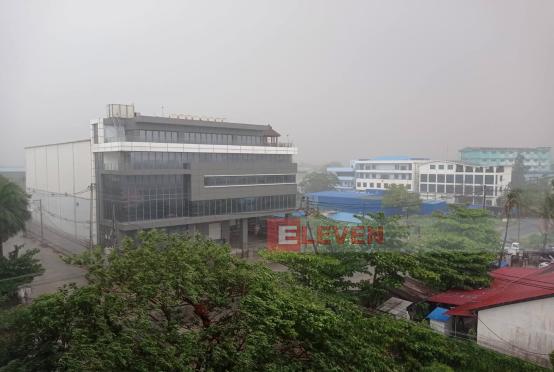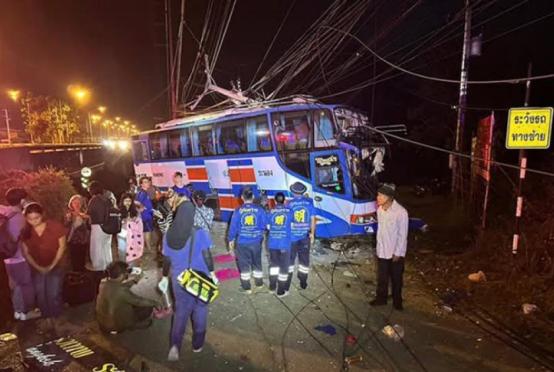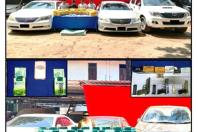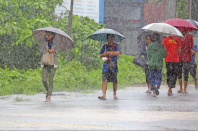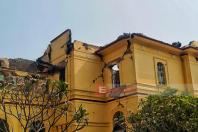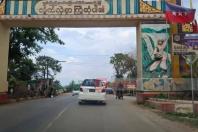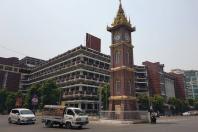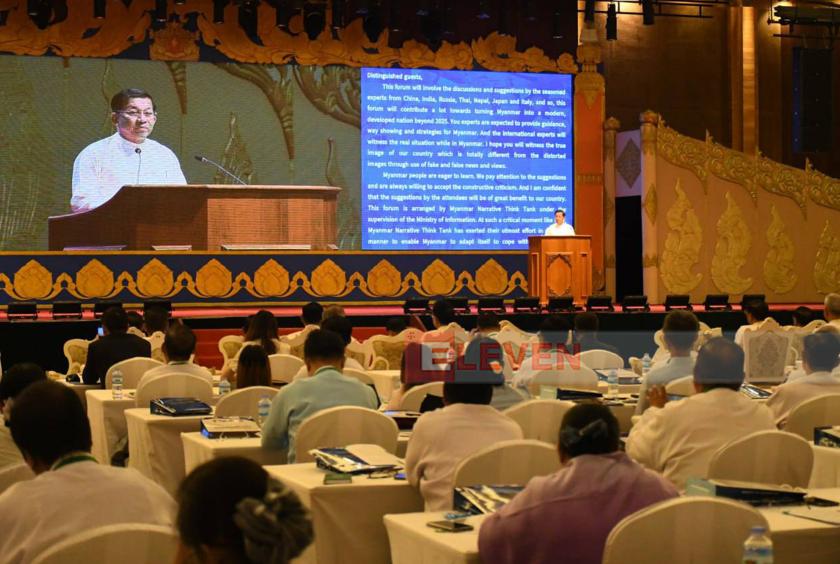
Access to energy, water and rare earths is crucial for long-term peace, and investments in renewable energy, nuclear and other energy sectors must be made, said Senior General Min Aung Hlaing, Chairman of the State Administration Council (SAC).
Speaking at a discussion on the challenges and opportunities that Myanmar will face in a multi-polar world beyond 2025, held at the International Convention Center-1 in Nay Pyi Taw on March 21, SAC Chairman, Prime Minister Senior General Min Aung Hlaing made the above remarks.
“In a multi-polar world, we need to be more flexible and pragmatic in our diplomacy and engagement. We need to build our partnerships based on specific issues, rather than on rigid ideologies. We also need to increase our engagement in global organizations. Another issue that needs to be addressed is security in energy and resource. Access to energy, water and rare earths is critical to long-term peace. We need to invest in renewable energy, nuclear and other energy sectors. We also need to manage and maintain rare earths and food security in order to prevent geopolitical disruptions,” said the Prime Minister.
He said that in the socio-cultural community, as power dynamics are rapidly changing in the multi-axis era, domestic stability has become a key issue.
The Prime Minister said, "For the national security of the country, we must prioritize investment in key sectors such as food, energy, and technology. In addition, technology, digital, and sovereignty are also key sectors that must be invested in. Technology is becoming a fundamental sector in the global competition. In particular, artificial intelligence semiconductors and cybersecurity are the technologies that will be decisive. Due to these characteristics, every country needs to improve its domestic scientific and technological capabilities."
By encouraging research, innovation and investment in infrastructure, we can reduce our dependence on foreign technology. Cybersecurity and data protection are also important. We must have a digital infrastructure that can protect us from cyber threats related to geopolitical rivals. In addition, there is a need to have strategic technology partnerships and cooperate on key technologies such as artificial intelligence and the digital economy, said the Prime Minister.
"We need to stop fake news, improve media literacy and attempts to counter foreign influence. In order to keep up with the rapidly changing global economy, we must invest in human resources. We must also educate and train a large workforce," said the Prime Minister.
The Prime Minister said that the upcoming seminar will bring together experts with extensive experience and knowledge from countries such as India, China, Russia, Thailand, Nepal, Japan, and Italy to discuss and make recommendations. This will greatly assist in shaping Myanmar into a modern and developed country by 2025, and that the discussions of the experts will provide guidance, direction, and strategies for Myanmar.
“The international experts who are attending this seminar will have the opportunity to see the real situation of Myanmar with their own eyes. I also hope that the image of Myanmar that is being portrayed by fake and unfree media and the image of Myanmar that experts are seeing for themselves is very different. We Myanmar people are eager to learn. We listen to genuine suggestions with respect and accept sincere criticism,” said the SAC Chairman.
The Prime Minister expressed his belief that the discussion will provide an opportunity to learn from genuine suggestions and sincere comments, which will contribute to the national interest.


